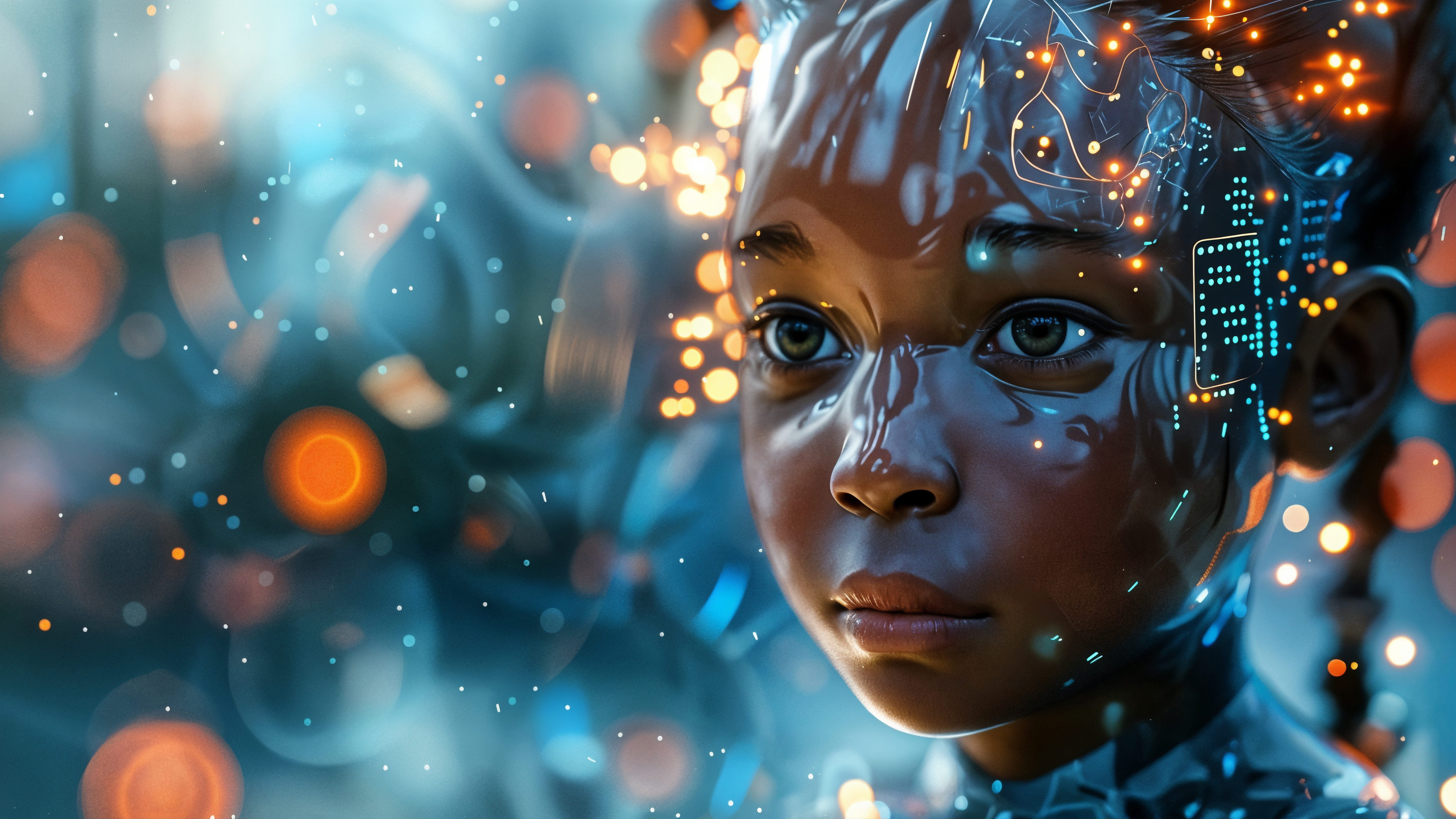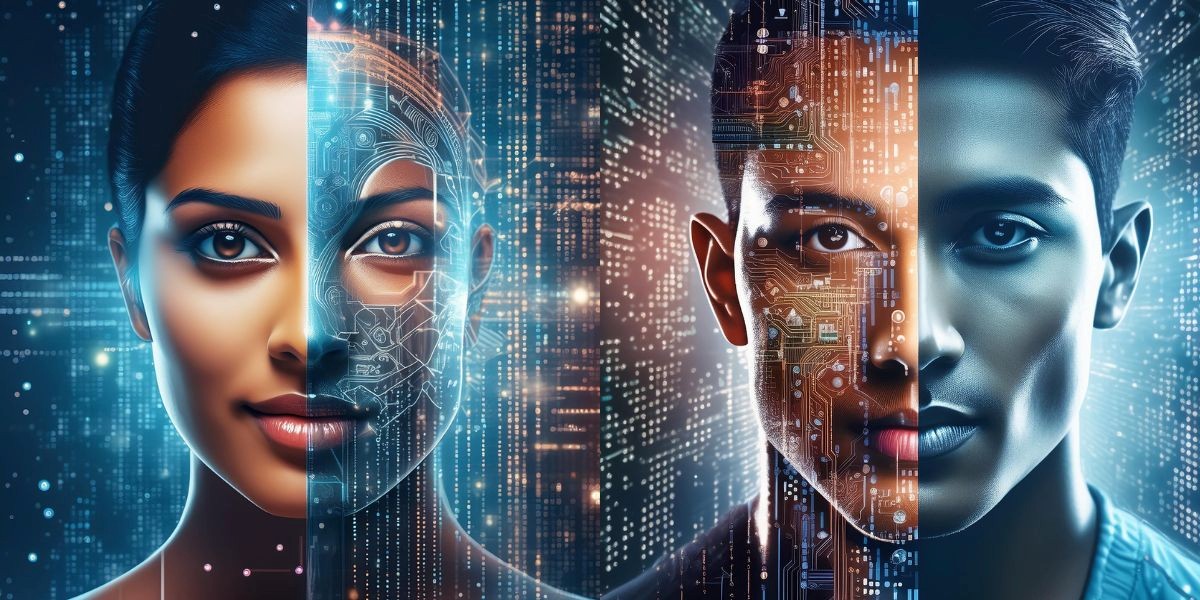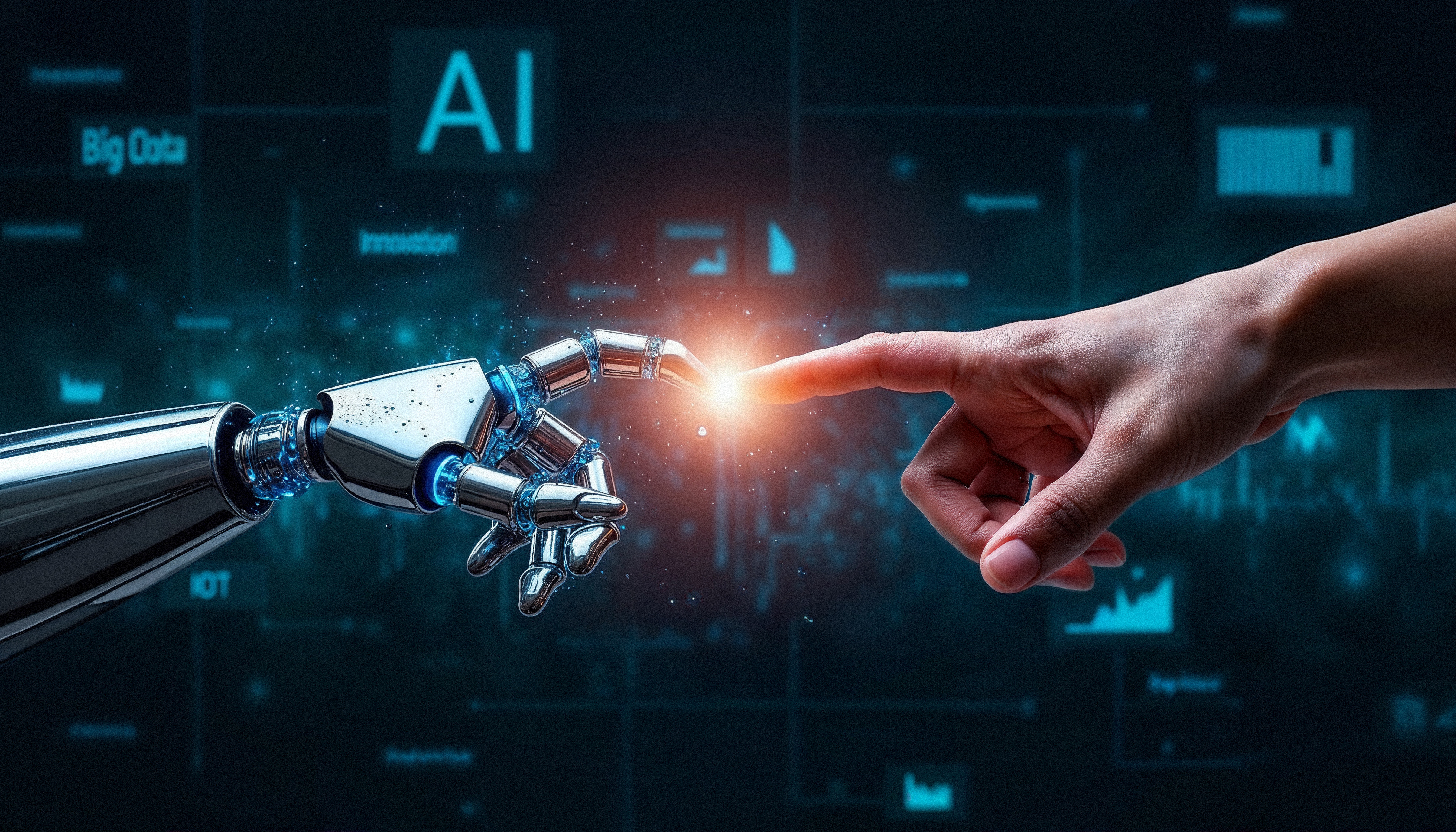At present, due to technological development, the form of telecommunication has completely changed. Written manuscripts have been replaced by today's streaming platforms and television broadcasting. Today’s content is not only text and pictures but also equipped with video, audio and graphics. Now instead of reading Newspaper, people are reading e-papers on digital devices. Telecommunication has now become widespread and extremely accessible. Due to this, content creation and its consumption is also increasing rapidly. The world of entertainment has also changed. Social media has given an easy opportunity to the content creators hidden among the common people to showcase their talent. But competition has also increased in all this.
In this situation, media and entertainment industries are facing a new challenge to discover and creation of new content, and at the point of broadcasting too. Artificial Intelligence is now emerging as a game-changer in the field of media and entertainment as well, which is making easy the task of content management and creation. The use of AI is unlocking new potentials to everything from operation to distribution and marketing.
AI is being used in various ways in the media and entertainment industry.

Content Creation
Although content creation is completely dependent on human creativity and discretion, AI is helping to make this task easier. AI enables companies to analyze extensive data in various ways and create tailor-made content for specific audiences.
AI tools simplify content creation by automating tasks such as research, writing, editing and optimization. This increases the speed and quality of content production. AI tools are also helpful in generating new ideas by deeply analyzing data. Drafting and editing also becomes easy with the help of AI. AI tools also help in tasks like keyword research, SEO optimization and content personalization. AI is extremely effective in making special effects in movie production absolutely lives like and with its help, the limits of entertainment are being pushed by creating virtual platforms.
Creating multilingual video and audio content was previously a costly and time-consuming task. But with the help of AI, this task has now become possible at a lower cost and faster. The more languages the content is in, the greater its reach.
If the audience gets content in their own regional language, they are able to connect with it and also like it. Thus, creating and translating content in different languages ensures the popularity of the content. AI-powered translation tools can translate video and audio content quickly and accurately. The language style of the content translated by them is also more real and emotional. This provides a real linguistic experience to the audience and ensures the popularity of the content.
Marketing and Distribution

Accurate classification and categorization of content is also essential to accurately predict any survey or data analysis.
For example, a movie is a suspense thriller but it also has a very good comedy touch filled with humorous content. So ensuring that the content is not only suspense thriller but also humorous content sometimes becomes a very difficult task. With the help of generative AI tools, this task becomes very easy and accurate. Because generative AI tools can diversify the fine details of the content. And this can be helpful in classifying the content in a more accurate way.
AI is also proving to be very helpful in assessing the various patterns of audience likes & dislikes, consumer experience and audience habits.
For example, to know what kind of content is most liked by the audience on an OTT platform, we need in-depth surveys and data analysis. Various AI tools are capable of creating survey questionnaires, which can help in knowing the opinion of the audience in a comprehensive manner. Apart from this, accurate and comprehensive reports can also be created by analyzing survey data through AI tools. With the help of AI tools, it helps in preparing content and making accurate plans for the future by examining the patterns of likes and dislikes of the audience and the changes in them. In this way AI makes the work of the content creator easier and ensures the popularity of that content. AI has also paved the way for innovative content forms including virtual influencers and computer-generated actors.
As we have already read that AI is able to interpret user data and track social media trends and analyze data with more accuracy and depth. This ability of AI makes the targeted marketing and promotional strategy of companies more precise. This targeted approach ensures better optimization of marketing return on investment (ROI) by delivering the marketing campaign to the right audience.
OTT and various music apps leverage this ability of AI to analyze user data and create personalized playlists. Due to this, the recommendations of other content to the audience according to their choice are also more accurate. Thus, more positive results are achieved from the marketing campaign.
AI algorithms have revolutionized content delivery, allowing companies to deliver their produced content to consumers more efficiently and easily.
OTT platforms like Netflix, JioHotstar and Amazon Prime are using AI to optimize their content delivery networks. This ensures faster and seamless access to content to the targeted users.
AI algorithms analyze a user's consumption data and habits to provide specific suggestions for movies, TV shows, and music that are more suited to their preferences, thereby increasing the reach and retention of content and increasing the level of customer engagement, which also increases reach, popularity, and visibility.
Challenges associated with AI
With the use of AI, it has now become very easy to create fake content that looks very real, including deepfakes. Which is being misused by anti-social elements to spread instability, molest someone's social image or create other objectionable content. Recently, cases of objectionable deepfake videos of many celebrities going viral. And now it has become common. Stopping these has become a big challenge for the administration and law and order.
This is posing a big threat to the credibility of the media and also a serious threat to social stability and integrity.
Many questions are being raised regarding the ownership and copyright of content created by AI. Because it has not yet been decided who will have the copyright of such content. There is a need for clear guidelines and regulation on the issue of copyright and intellectual property rights regarding content created by AI.
AI algorithms can also be biased and prejudiced, leading to the production and distribution of inappropriate information. Censorship rules and guidelines for content produced by AI should be reviewed.
However, many media companies are still hesitant to adopt AI due to its high initial cost. But despite that, its use is increasing rapidly in the field of media and entertainment. The total business of AI in the media and entertainment group market is expected to be US$ 19.78 billion in 2024 and US$ 19.52 billion in 2023. This figure is expected to increase to US$ 157.04 billion by 2032.
In the coming years, the total business of AI in the media and entertainment group market can increase by an estimated 26.1% to 35.6%.


